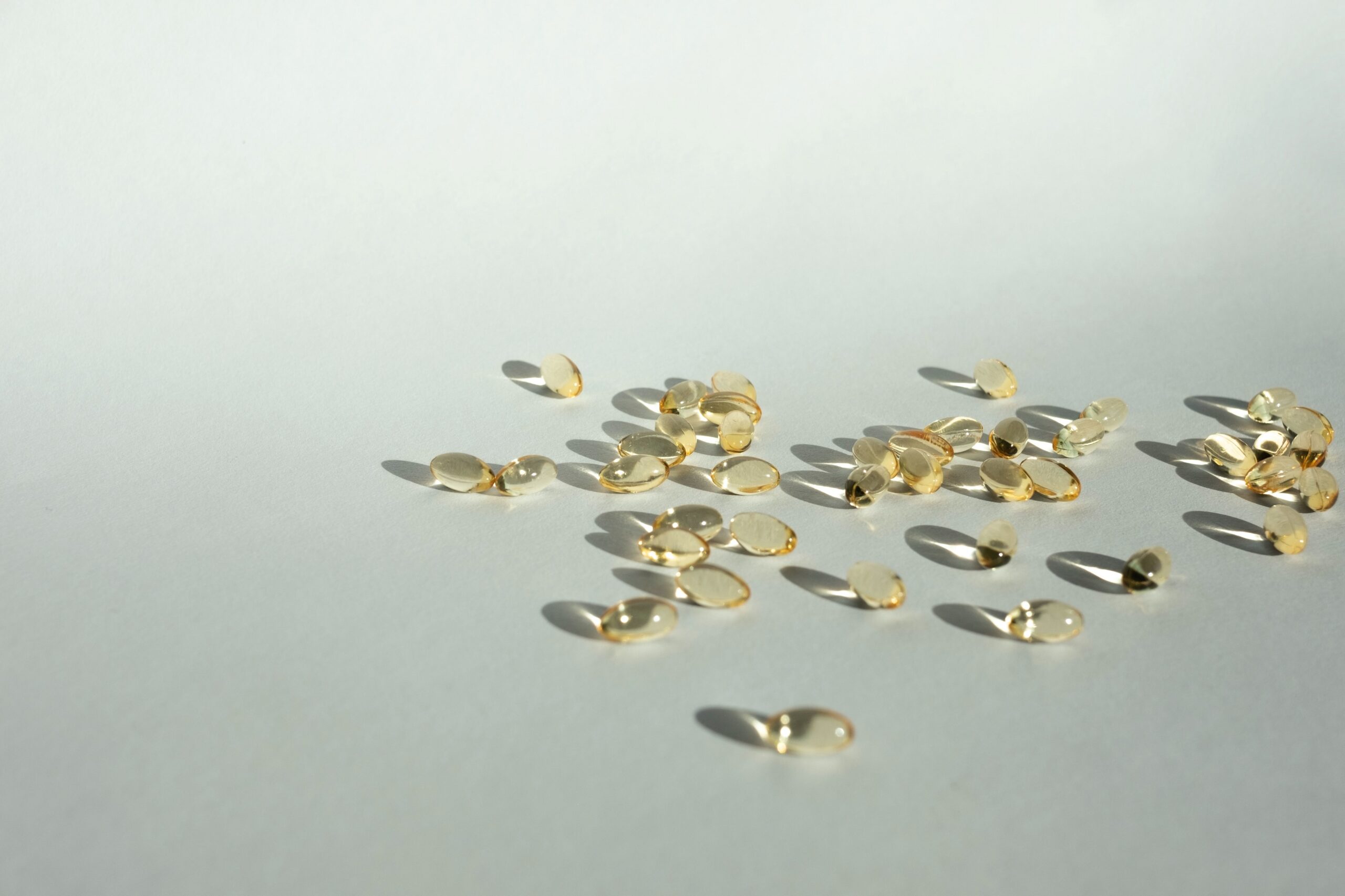Aspen Liquid L-Carnitine Plus
L-carnitine, also known as levocarnitine, is a natural-occurring amino acid that our body produces by combining lysine and methionine. Apart from that, we are able to obtain a small amount of L-carnitine by consuming animal products.1 Those who are on vegetarian diet may need supplemental L-carnitine as they may not be able to obtain adequate L-carnitine due to diet that avoids animal products.There are 4 types of carnitine found naturally in body or foods; namely D-carnitine, acetyl-L-carnitine, propionyl-L-carnitine and L-carnitine L-tartrate. Among those, L-carnitine and acetyl-L-carnitine are the most used forms in formulating supplements.
L-carnitine plays a vital role in optimizing mitochondrial function and energy production; this is because it helps to transport fatty acids to mitochondrion where it can be burnt as energy. Around 98% of L-carnitine is stored in skeletal muscle, a small amount will be stored in liver and blood2. L-carnitine helps to transport fatty acids to mitochondria, the power house of cells, to be burned as energy. A meta-analysis showed that obese adults tend to lose 1.3kg more body weight when they are taking L-carnitine along with their weight loss program including limiting caloric intake and regular physical activities3. L-carnitine supplement seems to be able to aid in weight losing, but a caloric reduction and incorporating exercise must be in the first place when coming into weight losing.
There are also evidences showing long-term supplementation of L-carnitine may improve sport performances. A study shows that taking L-carnitine before endurance exercise able to prolong exhaustion4. As an amino acid itself, L-carnitine may improve exercise recovery. L-carnitine able to attenuate exercise-induced increases in plasma markers of purine catabolism (hypoxanthine, xanthine oxidase, and serum uric acid) and circulating cytosolic proteins (myoglobin, fatty acid-binding protein, and creatine kinase) 5. These data show that L-carnitine supplementation is effective in assisting recovery from high-repetition exercise.
Possess similar function to coenzyme Q10, L-carnitine may increase muscular oxygenation or in simple increase oxygen supply to your muscle. It is able to attenuate plasma malondealdehyde, a biomarker of membrane damage. This study also mentioned that L-carnitine boosts nitric oxide production, a vasodilator that improve blood production; hence, helping to reduce the discomfort and fatigue after exercise6. Besides, some studies reveal that L-carnitine may also increase the production of red blood cells; that play important role in transporting oxygen to all parts of body. A study shows that taking L-carnitine at dose of 500mg per day for 3-month trial; at the end of the study, statistical analysis revealed significant increases in hematocrit and total iron-binding capacity and a decrease in ferritin7.
Apart from being a useful sport supplement, taking L-carnitine may provide benefits in controlling non-communicable diseases such as heart diseases and type 2 diabetes mellitus. L-carnitine could improve cardiac ischemia and reperfusion by preventing the accumulation of long-chain acyl-CoA (substance that promotes the production of free radicals by damaged mitochondria); improves the repairing process of damaged membrane phospholipid caused by oxidative damage; inhibits the irregular heartbeats caused by accumulation of long-chain acyl-CoA within cardiac muscles; and lastly L-carnitine reduces ischemia-induced death of myocardial cells and the consequent remodeling of the left ventricle8. Hence, L-carnitine maybe effective in improving heart health. L-carnitine supplementation may reduce the symptoms of impaired glucose tolerance and its associated risk factors.
References
- Foster DW. The role of the carnitine system in human metabolism. Ann N Y Acad Sci. 2004 Nov; 1033:1-16. doi: 10.1196/annals.1320.001. PMID: 15590999.
- Evans AM, Fornasini G. Pharmacokinetics of L-carnitine. Clin Pharmacokinet. 2003;42(11):941-67
- Pooyandjoo M, Nouhi M, Shab-Bidar S, Djafarian K, Olyaeemanesh A. The effect of (L-) carnitine on weight loss in adults: a systematic review and meta-analysis of randomized controlled trials. Obes Rev. 2016 Oct;17(10):970-6
- Orer GE, Guzel NA. The effects of acute L-carnitine supplementation on endurance performance of athletes. J Strength Cond Res. 2014 Feb;28(2):514-9
- Volek JS, Kraemer WJ, Rubin MR, Gómez AL, Ratamess NA, and Gaynor P. L-Carnitine L-tartrate supplementation favorably affects markers of recovery from exercise stress. Am J Physiol Endocrinol Metab. 2002 Feb;282(2):E474-82
- Spiering BA, Kraemer WJ, Hatfield DL, Vingren JL, Fragala MS, Ho JY, Thomas GA, Häkkinen K, Volek JS. Effects of L-carnitine L-tartrate supplementation on muscle oxygenation responses to resistance exercise. J Strength Cond Res. 2008 Jul; 22 (4):1130-5.
- Matsumoto Y, Amano I, Hirose S, Tsuruta Y, Hara S, Murata M, Imai T. Effects of L-carnitine supplementation on renal anemia in poor responders to erythropoietin. Blood Purif. 2001;19(1):24-32
- Ferrari R, Merli E, Cicchitelli G, Mele D, Fucili A, Ceconi C. Therapeutic effects of L-carnitine and propionyl-L-carnitine on cardiovascular diseases: a review. Ann N Y Acad Sci. 2004 Nov; 1033:79-91


